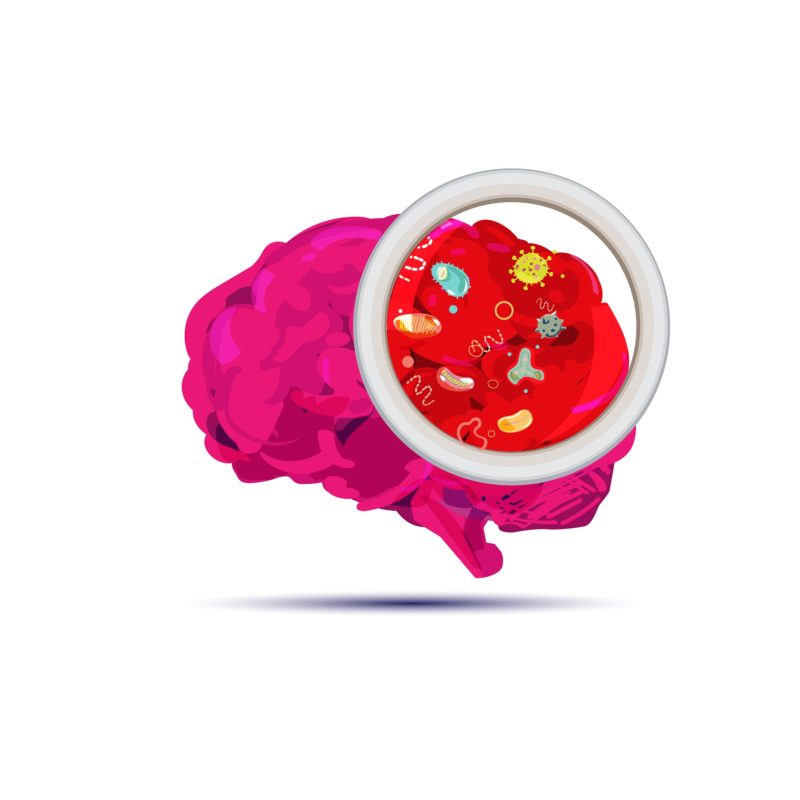Most people instinctively know there’s a connection between your gut and brain. The more stress you feel, for example, the more digestive issues you might have. And some sights and sounds processed in your brain can have an immediate impact on appetite, for better or worse.
But research has started to uncover more information about the direct connection between gut health and mental health. This gut-brain connection is becoming more important as people realize how one significantly impacts the other.
The Gut-Brain Connection
A “gut feeling.” “Butterflies” in your stomach. An event that is “gut-wrenching.” For generations, such sayings have referred to the commonly held belief that your mind and body have a connection and can influence each other.
Now, medical research has shown those sayings have an anchor in reality. Studies show the gut-brain connection is profound. It goes beyond how nervous thoughts can lead to an upset stomach.
An enormous amount of communication happens in the gut microbiome, an ecosystem of bacteria and fungi in the digestive tract. Neurotransmitters in the digestive tract communicate with each other and send information to the brain. That’s why a “troubled intestine” can send signals to the brain, making it the cause (rather than the product) of anxiety or nervousness, according to Harvard Health.
The reverse happens, as well. If you’re anxious, this information is transmitted from the brain to the microbiome. That’s why when you’re nervous, your stomach feels upset.

Studies have proven a connection between gut health and mental health. For example, a study published in Scientific Reports found an association between the level of bactericides in the gut and dementia. The researchers noted that “dysregulation of the gut microbiome is associated with several life-threatening conditions and thus might represent a useful target for the prevention of dementia.”
Other research has shown a connection between gut health and mental health. A study done with two groups of 1,000 patients in Europe found that people who had two kinds of bacteria in the gut microbiome, coprococcus and dialister, were more likely to suffer from depression. A study published in BMJ Journal found that those with depression are more likely to develop irritable bowel syndrome.
How To Improve The Gut-Brain Connection
Improving the connection between the gut and the brain requires working on both ends of this important information highway in the body.

For example, stress management can help if you’re having digestive issues such diarrhea, constipation or irregular bowel movements. Dr. Harika Pal, a board-certified family medicine physician at Parsley Health New York, said that “working on reducing anxiety and stress helps us improve our digestion, especially if you’re somebody who suffers from irritable bowel syndrome or IBD.”
The reverse also can help. By changing your diet, it’s possible to change your mental health. Pal suggests a whole food, plant-based diet that reduces inflammatory foods. She specifically mentions elimination of sugar, dairy and simple carbohydrates that “actually feed the bad bacteria in your gut.” Other studies have also indicated a possible connection between diets rich in vegetables and olive oil and better mental health.
While research is ongoing in this important area of healthcare, scientists have compiled enough information to make it worthwhile to see if diet change can impact mental health and potentially slow age-related cognitive decline and dementia.
